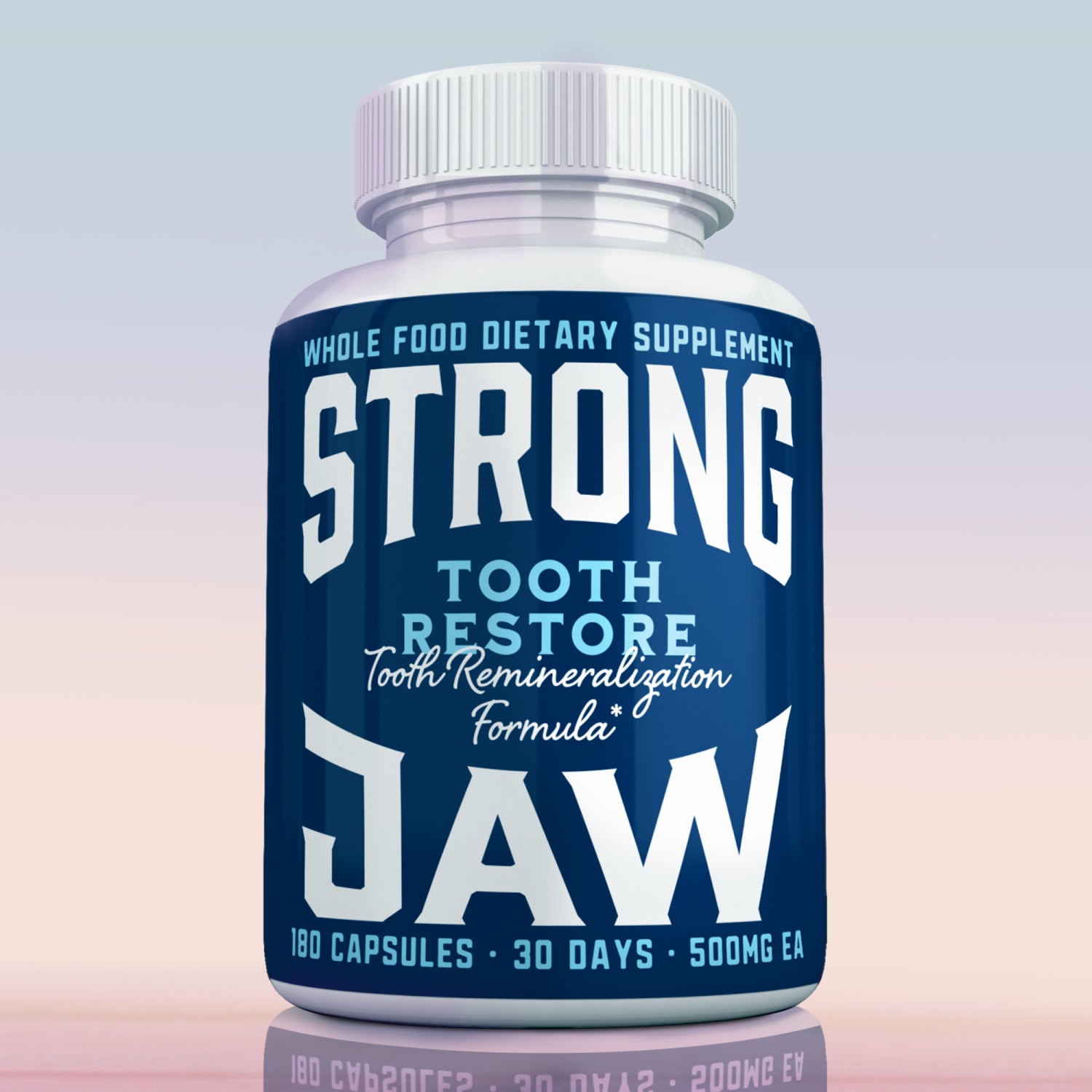| Section | Key Points |
|---|---|
| Causes | Tooth decay, gum disease, abscess, fracture, temperature sensitivity |
| Immediate Relief | OTC pain relievers, cold compress, salt water rinse, clove oil |
| Natural Remedies | Garlic, peppermint tea, vanilla extract, wheatgrass, thyme |
Introduction
Why does my tooth hurt? It's a question many of us have asked at some point in our lives. Whether a dull ache or a sharp sting, tooth pain is undeniably distressing. This guide aims to uncover the mysteries behind tooth pain causes and offers holistic approaches to relief, from home remedies to when it's essential to visit a dentist.
Common Causes of Tooth Pain
- Tooth Decay and Cavities: Often the result of poor oral hygiene and excessive sugar intake. Tooth decay pain relief primarily involves addressing the cavity itself.
- Gum Disease: An infection of the tissues that hold your teeth in place. It's often caused by poor brushing and flossing habits. This can also lead to remedies for gum pain being sought.
- Tooth Abscess: An infection at the root of a tooth or between the gum and a tooth. This often results in intense, persistent pain. Tooth abscess pain relief is critical to prevent spread of infection.
- Tooth Fracture: A break or crack in the tooth often resulting from chewing hard foods, accidents, or grinding your teeth. Recognizing tooth fracture symptoms and relief is essential for prevention.
- Damaged Fillings or Dental Sealants: Old or damaged fillings can expose sensitive nerve endings in your tooth, leading to pain.
"Tooth pain is more than just an annoyance. It's a signal from your body that something isn't right, and it shouldn't be ignored." - Strong Jaw Team
Immediate Relief Methods

When pain strikes, finding relief becomes the top priority. Here are some effective methods:
- Over-the-counter Pain Relievers: Many find solace in over-the-counter tooth pain relief options like ibuprofen or acetaminophen. Always follow the recommended dosage and consult a physician if unsure.
- Cold Compress: Applying a cold pack can numb the area, providing temporary relief.
- Salt Water Rinses: Known for its antibacterial properties, a salt water rinse can help in reducing inflammation and washing away irritants. Truly, the benefits of salt water rinse for tooth pain are multi-fold.
- Clove Oil: Its eugenol component acts as a natural anesthetic. Learning how to use clove oil for toothache can be a game-changer for many.
- Avoiding Certain Foods: Stay away from extremely cold or hot, sweet, and acidic foods when experiencing tooth pain.
Natural Remedies

For those seeking home remedies for toothache, nature offers a plethora of options:
- Garlic: Its antimicrobial properties can provide pain relief. Crushing a garlic clove and applying it to the affected area can work wonders.
- Peppermint Tea Bags: Useful for numbing pain and soothing sensitive gums.
- Vanilla Extract: Contains alcohol which can help to numb pain. Applying a small amount on a cotton ball and dabbing it on the affected area can provide relief.
- Wheatgrass: Acts as a natural antibiotic and can offer both pain relief and combat infections.
- Thyme: Packed with antioxidant properties, it can be used in multiple ways for tooth pain relief.
Prevention Strategies

Preventing tooth pain is always better than seeking a cure. Consider the following strategies:
- Regular Dental Check-ups: Routine visits can catch potential issues before they become painful problems. Importance of regular dental check-ups cannot be emphasized enough.
- Proper Oral Hygiene: Daily brushing, flossing, and using mouthwash are vital.
- Diet Considerations: Minimize sugary foods and drinks to prevent cavities and decay.
- Protective Wear: Mouth guards are essential for those who grind or clench their teeth.
- Address Dental Issues Promptly: Procrastinating can lead to more pain and complications.
When to See a Dentist
While home remedies can offer relief, there are situations where professional intervention becomes necessary. Recognizing signs like prolonged pain, swelling, and fever is crucial. A consistent tooth pain after eating sweets or cold items might be an indicator of deep-rooted issues. The value of addressing persistent pain promptly, with a professional, is immense.
Conclusion
Tooth pain is a sign that should never be overlooked. By understanding its causes, seeking timely remedies, and adopting preventive measures, one can ensure a healthy, pain-free smile. Strong Jaw, with its range of supplements like Tooth Restore and Gum Restore, is committed to bolstering dental health from the roots.

FAQ
-
Why does tooth pain occur?
Tooth pain can be the result of various causes, including tooth decay, gum disease, tooth abscess, fractures, damaged fillings, or dental sealants, and temperature sensitivity.
-
What immediate remedies can I try at home for tooth pain?
For immediate relief, you can consider over-the-counter pain relievers, apply a cold compress, use a salt water rinse, apply clove oil, or avoid certain trigger foods.
-
Are there natural ways to address tooth pain?
Yes, some natural remedies for tooth pain include using garlic, peppermint tea bags, vanilla extract, wheatgrass, and thyme.
-
How can I prevent tooth pain in the future?
Prevention strategies include regular dental check-ups, maintaining proper oral hygiene, diet considerations, wearing protective gear if you grind or clench teeth, and addressing dental issues promptly.
-
When should I consult a dentist for tooth pain?
It's crucial to see a dentist if you experience prolonged pain, swelling, fever, or consistent pain after eating sweets or cold items. Persistent pain might indicate a more serious issue.


